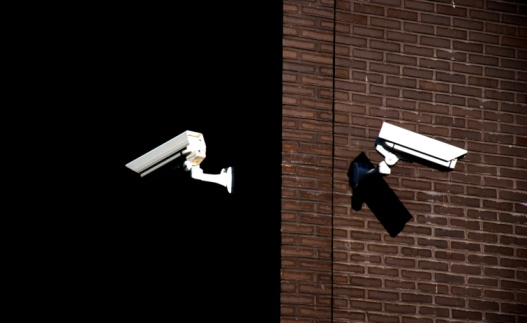The battle against corruption is tough even for advanced countries. It’s just human nature that people don’t like to miss an opportunity (or resist the temptation) to skim a few dollars. As Anas Aremeyaw Anas’ latest covert journalistic operation has shown, such temptations abound in a place like the port, where people have to pay to get certain services rendered.
In such places, officers have developed a system of creating temptations where none exists. They have made the system so inefficient and unwieldy that to get what you want you must pay for a certain unofficial ‘premium’ service, which is nothing more than the basic service they are supposed to render.
If you have a container-load of perishable goods worth 200,000 dollars waiting to be cleared, would you rather pass 200 dollars under the table for the official to cut through the red tape quickly for you or would you rather stand, watch and lecture him on principles of integrity as he takes his sweet time to do things as slowly as he can while your apples rot?
- Advertisement -
As expected, Anas’ investigation has sparked a wave of consternation. What’s most surprising is that almost everyone seems surprised at the level of corruption captured on tape. The president is miffed. The opposition – the ones who claimed some years back that ‘corruption is from Adam’ – is trying to make some political capital out of it. The radio programmes are full of high-mended, mostly unworkable suggestions about how the problem could be dealt with.
One of such suggestions came from none other than President Mills. He suggests that new recruits into CEPS should declare their assets. The naivety of the suggestion is as surprising as the president’s seeming surprise at the revelations of the rot in CEPS – not to mention his painfully melodramatic and needless suggestion that the judiciary were not helping to deal with the issue. But that’s for another time.
For now, let’s just focus on how to sanitise CEPS and all the other public agencies whose officers demand bribes before doing what they are paid to do.
Forcing people to declare their assets hasn’t reduced corruption among politicians. It’s hard to see it helping to curb corruption at Ghana Customs. So it’s a suggestion that should be dismissed without any wastage of vital brain cells on a consideration of its merits and demerits.
I think one of the best ways to stop public officials at Customs (and elsewhere) from fleecing law abiding citizens is to install close circuit TV cameras wherever they work. Deploying such technology could appear so expensive at the onset that it could be brushed aside as unworkable. But this country can afford it and it would pay off in the long run.
Nobody wants to be caught on tape stealing or doing any wrong. The mere fact that cameras are watching their every move would deter public officials from demanding money at every turn before offering the service they ought to provide. It would reduce the temptation for people to try to cut through the red tape by passing on envelopes – above and under the table.
The CCTV cameras would promote efficiency because people won’t come to work and loiter or sleep on their desks. And when people do what they are expected to do and in good time, much of the red tape will disappear without any illegal. Increased efficiency means increased revenue and this should translate into better pay for public servants. Better pay, invariably, helps a great deal to increase the resistance to temptations to fleece or the tendency to actively look out for – or even create – such temptations.


